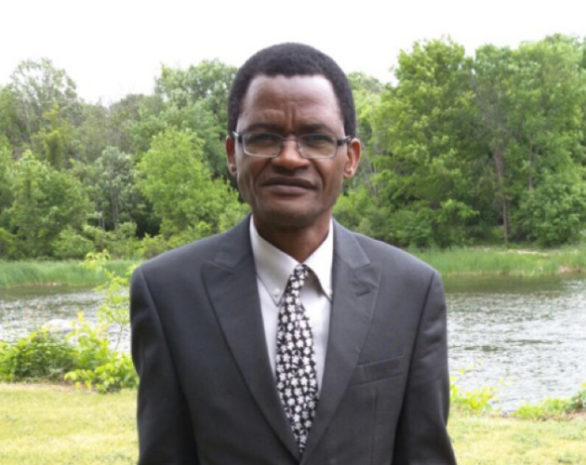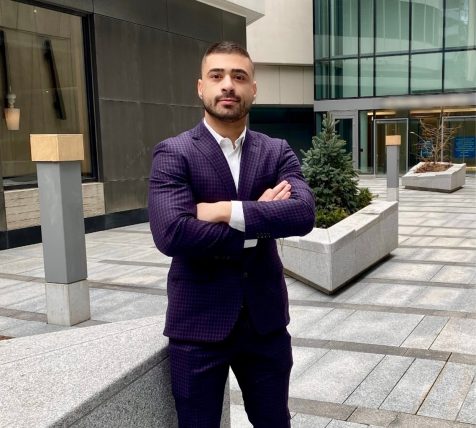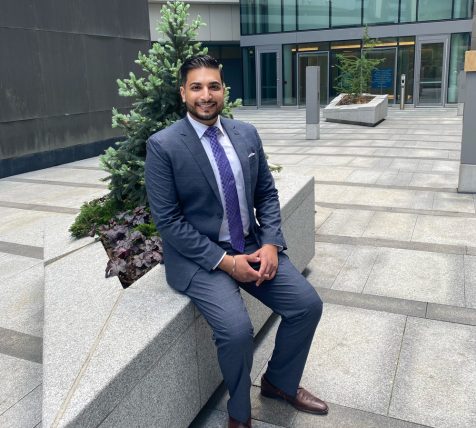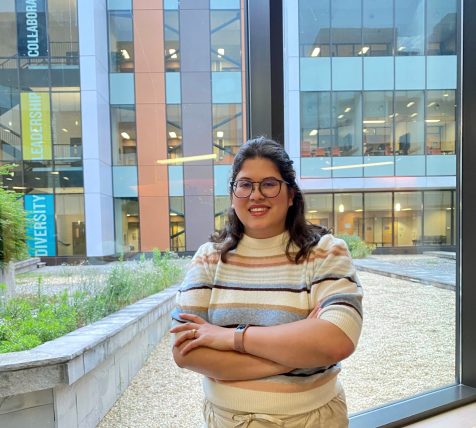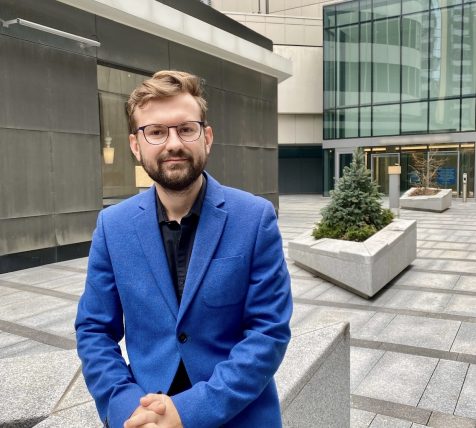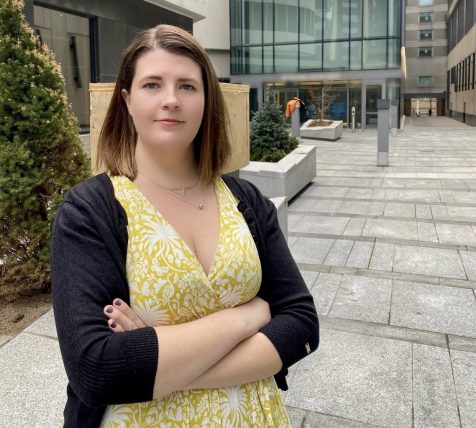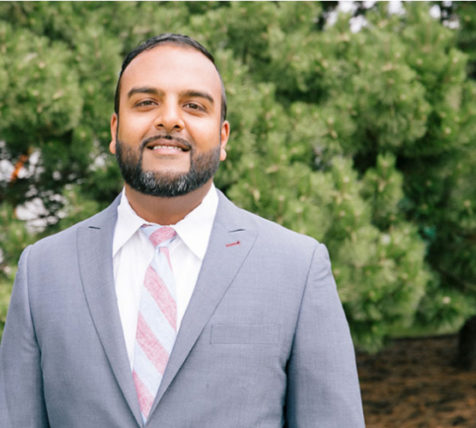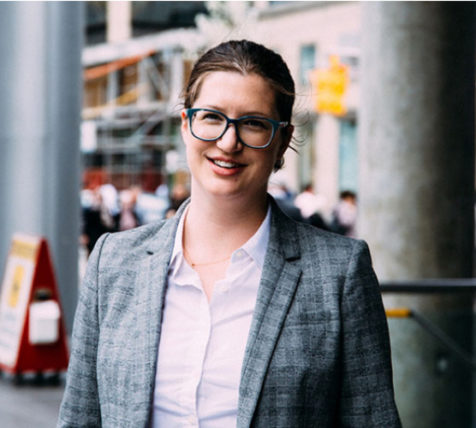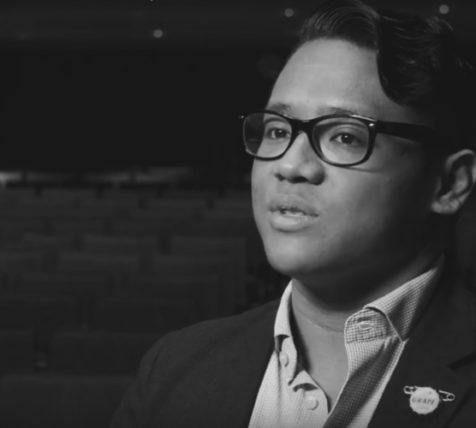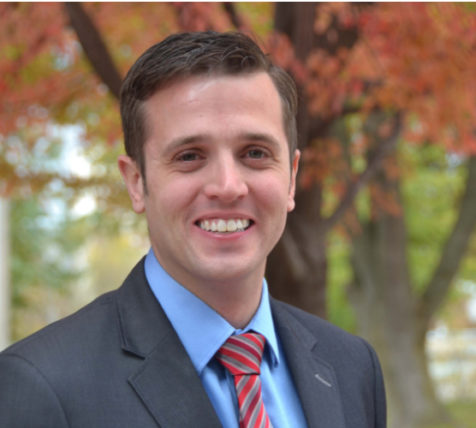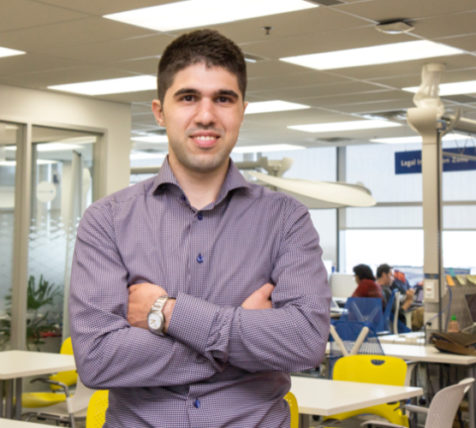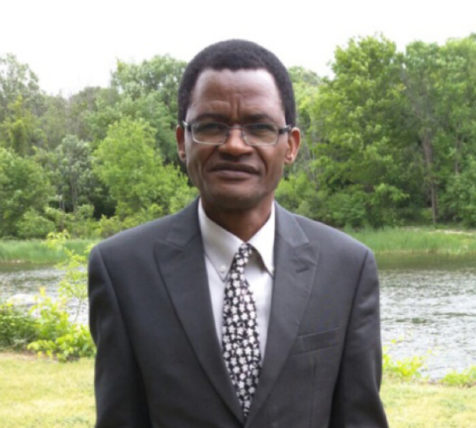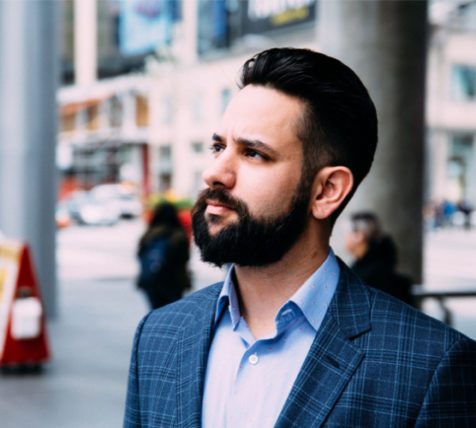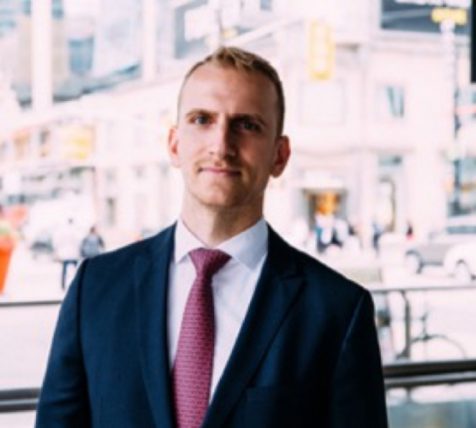Denford Madekufamba
2014/2015
When Denford Madekufamba was studying law in Rusape, Zimbabwe he didn’t think his legal journey would take him on a bodacious ride to St. Thomas and Guelph, Ontario and now Nunavut as legal counsel at Qulliq Energy Corporation (QEC).
About Denford
When Denford Madekufamba was studying law in Rusape, Zimbabwe he didn’t think his legal journey would take him on a bodacious ride to St. Thomas and Guelph, Ontario and now Nunavut as legal counsel at Qulliq Energy Corporation (QEC). As the first person in his family to pursue education beyond high school, Denford first came to Canada in 1994 because his wife was studying here. He would later return in 2005 in hopes of practicing his law equivalent from Zimbabwe in Canada. He was determined to stay after rejecting the complacency and the status quo in his home country following the collapse of its legal system. Driven by his unflagging compassion, Denford fights hard for others including his two daughters to share in the Canadian Dream because he is living it himself.
Where did you earn your law degree?
University of Zimbabwe.
Why law? What inspired your legal aspirations?
The mental, emotional and intellectual challenges of law appeal to me.
I believe that if you want to know/understand more about what is going in a society/country, the practice of law provides excellent opportunity for that. Lawyers are privy to a lot of information that is not known to the public which makes me feel privileged to be part of a select profession/people with access or the means to access such information, interpret it and make use of it. I have been involved in some precedent setting cases which makes me feel that l am making a meaningful contribution to society. I derive satisfaction from being part of the access and dispensation of justice in society.
Where did you complete your LPP work placement?
Elgin-Oxford Legal Clinic, St. Thomas, Ontario – Ontario Disability Support Program/Ontario Works and Landlord and Tenant work/law. This was an eye-opener for me in a number of respects. As a legal clinic, they are serving marginalized communities and less fortunate individuals. Some of my clients were dealing with mental health issues and substance abuse. This taught me to be more patient as clients didn’t show up to scheduled appointments and meetings.
Describe a particularly memorable or significant experience during the work placement component of the LPP:
I remember my first case before the Social Benefits Tribunal. It was my first time appearing before a tribunal in Canada. The Tribunal member presiding over my case was reputed to be very tough in terms of not granting appeals in favour of the “defense”. I won the case and my client was very happy and that made me happy too.
Describe some of the more particularly helpful tools or skills you acquired during the LPP:
I had experience interviewing clients in a different legal and cultural setting. In Zimbabwe they offer you Coca Cola because water is considered being cheap. Whereas, in Canada, the legal culture and business etiquette are different. Also English is my second language. I always assume people understand me; however, that’s not always the case, so I worked with my supervisor to improve my written and verbal skills. Other tools and skills included docketing time spent on files and doing memos to file to track time and file activities on, drafting memos and opinions to my supervisor and other lawyers, acceptable office behaviour/conduct (such as dress code), potential Professional Responsibility and Ethics issues/situations, networking, use of digital technology in the practice of law and understanding the expectations of a client in the Canadian legal system.
Words of advice you can offer future LPP candidates:
It is a good way to expand your professional network. There are no billable hour targets so there are more opportunities for one to learn from, as the mentors and LPP staff are always available to help. It is also a good way to get exposed to future job opportunities and areas of law that may interest you.
Final thoughts about the LPP:
If it wasn’t for the LPP, some lawyers would still be looking for articling opportunities. The program equips lawyers with the skills to start up their own firms/businesses. The LPP provides both Canadian law school graduates and internationally trained lawyers with an alternative path to qualify to practice Canadian law. I realized that the LPP team, the OBA and the LSUC are genuinely interested in the success of the program and so they support and are fully behind it.
It is a good opportunity for legal innovation through experiential learning/training. Not having gone to law school in Canada, l had no connections within the legal community and now l have lots because it was a class of over 200 legal professionals. These days, when I get stuck – I can call my network and circle of colleagues.
